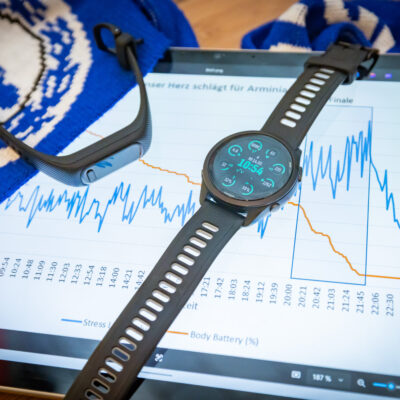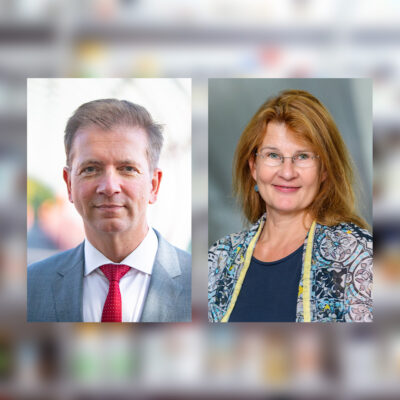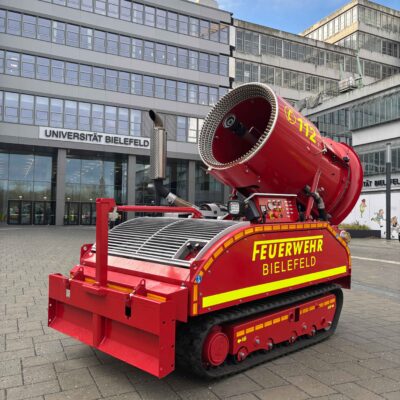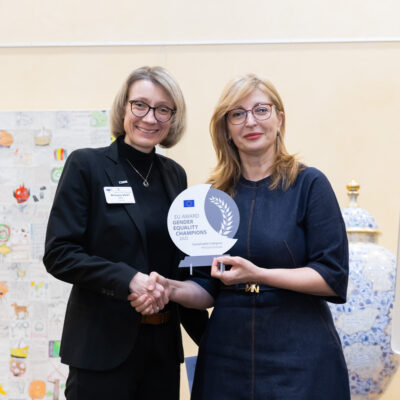Before coming to Bielefeld University Dr. Mohsen Jani Pour graduated from the Iran University of Science and Technology in 2014. The physicist then went to Istanbul to work as a postdoctoral researcher at Sabancı University for three years. It was there where he had applied for the Alexander von Humboldt fellowship. He got accepted in 2018 and moved to Bielefeld with his wife late last year. We met up with him to ask him three questions about life and work at Bielefeld University.
Was Bielefeld your first choice?
After meeting Professor Walter Pfeiffer at a conference in San Francisco I was eager to join his research group at Bielefeld University. We had a few discussions on some novel ideas to improve the coherent optical energy transfer between certain nano-emitters. Then we applied the ideas as a proposal to the Georg Forster Research Fellowship program of the Alexander von Humboldt Foundation. After the acceptance of the proposal, it made sense to come to Bielefeld and start our collaboration. I was really very lucky since my wonderful wife has been supportive all the way through from the beginning, despite the fact that it meant having to move to another country. I am very thankful to her.
What do you think of the city of Bielefeld? After all, you have been living in bigger cities most of your life.
What I like about Bielefeld is that it is a really calm city. You can easily focus on your research ideas and think of ways to fulfill them. Furthermore, what I also like is that people are really kind and somehow relaxed.
Is there anything different about Bielefeld University compared to the other universities you have worked at before, and if so, what do you like best about it?
Well, the universities I worked at before were all technical universities. Bielefeld University, however, focusses strongly on humanities subjects such as sociology, literature, and linguistics. For what I do now, Bielefeld University’s Faculty of Physics is the place I was looking for that can make a very fruitful interdisciplinary collaboration.
Dr. Mohsen Jani Pour (40) works in the field of Quantum Optics, Electromagnetics, and Nanophotonics. He deals, for example, with optical nanoantennas – devices that could make ultra-fast transmission of information possible in the future. The Georg Forster fellowship is granted by the Alexander von Humboldt Foundation and offers researchers from developing countries to research in a field of their choice at a German university of their choice.




